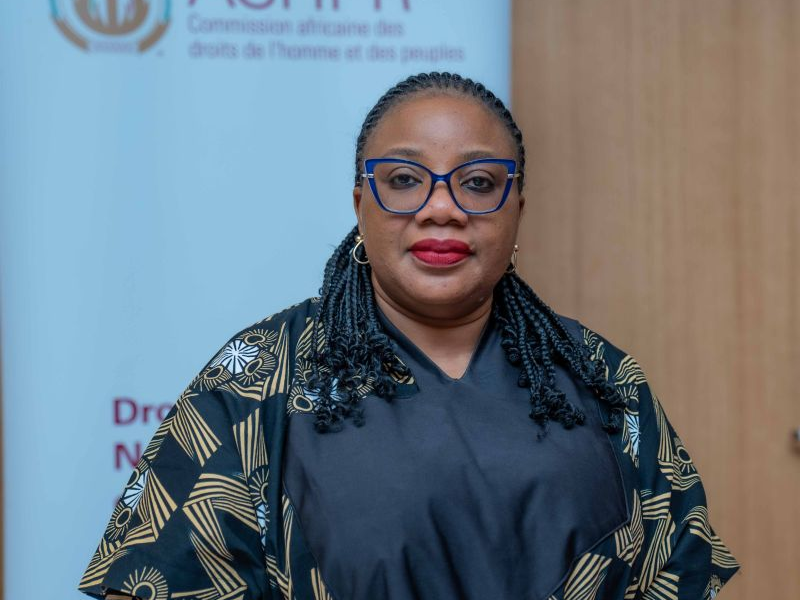The Ag Executive Secretary of the African Commission on Human and Peoples’ Rights (AU-ACHPR), Abiola Idowu-Ojo, has stressed the critical role that African women play in shaping the continent’s future, maintaining that to attain the Sustainable Development Goals (SDGs) and to progress as a continent and as a people, women must be empowered.
Idowu-Ojo made the assertion while speaking on the Maputo Protocol—a groundbreaking African treaty advocating for the rights and empowerment of women. She emphasized that meaningful progress on the continent hinges on inclusive development that actively involves African women.
According to her, African women represent the largest demographic group on the continent and are essential to achieving the Sustainable Development Goals (SDGs).
“If we really want to achieve the Africa that we want, if we really want to attain the sustainable development goals and to really be able to move forward as a continent and as a people, we can’t do that without empowering African women.
“We cannot move forward if we don’t carry our women along,” she stated firmly.
The Maputo Protocol, formally known as the Protocol to the African Charter on Human and Peoples’ Rights on the Rights of Women in Africa, serves as a guide for African states, providing them with frameworks to ensure women’s rights and empowerment.
The Maputo Protocol is unique in its contextual relevance; it addresses the specific challenges faced by African women and reflects the cultural, social, and political landscapes across African nations.
According to Idowu-Ojo, the protocol not only promotes women’s rights in general but is also equipped with provisions tailored to the continent’s distinct needs, including protections against gender-based violence, provisions for reproductive rights, and assurances for women’s economic and political participation.
Idowu-Ojo encouraged African countries that have not yet ratified the protocol to do so promptly, reminding leaders of the urgent need to bridge gender disparities across the continent. For states that have ratified the protocol, she urged continued transparency and accountability through regular reporting to the African Commission. “It is only when they report and tell us the measures they are taking that we can see the gaps,” she explained, adding that the reporting process is not punitive but collaborative. By sharing their progress and challenges, states can benefit from best practices identified by other African countries and address specific areas that need improvement.
Regular reporting, Idowu-Ojo emphasized, allows the African Commission to foster dialogue between states and identify national policies that can serve as models for other nations. This collaborative approach, she argued, is essential for driving collective progress toward gender equity. “Reporting is important because it creates a platform to review national frameworks, highlight successes, and support countries in addressing challenges unique to their context,” she noted.
Idowu-Ojo’s message was clear: without empowering women, Africa risks sidelining a significant portion of its population, ultimately hindering its developmental goals. By ratifying and implementing the Maputo Protocol, African leaders can pave the way toward a more inclusive and prosperous future.


